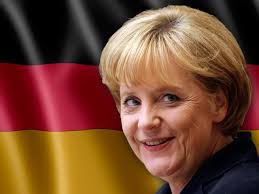Big Changes Expected By Mideast Under Trump
CAIRO — Donald Trump's
all-but-dismissal of human rights as a foreign policy principle could land like
an earthquake across a Middle East landscape beset by warring factions and
beleaguered governments, with some players eyeing the prospect of once unimaginable
new alliances.
Syria is the foremost test of Trump's promise of a return to a
hard-headed realpolitik and could quickly show whether America is truly
abandoning promotion of democracy and the rule of law in a way that could
reshape much of the region's post-Cold War, post-9/11 order. Trump has raised
the possibility of a broad new U.S. partnership with Vladimir Putin's
increasingly authoritarian Russia and has even hinted at aligning with Syrian
President Bashar Assad, which would amount to a dramatic reversal from years of
the Obama administration calls for Assad's ouster. Trump seems to calculate
that their shared enemy in the Islamic State is more important than shared
values. "When it comes to civil liberties, our country has a lot of
problems, and I think it's very hard for us to get involved in other
countries," Trump explained last July as Turkey was punishing tens of
thousands of people seemingly unconnected to a failed coup attempt. "We
need allies," Trump said in a New York Times interview. "I don't know
that we have a right to lecture."


Comments
Post a Comment